12 photos exploring the lives of Thailand’s transgender community
Cwnewser
By continuing to use our site, you agree to our Private Policy and Terms of Use.

Elizabeth Waterman
This has been a watershed year for Thailand’s LGBTQ+ community.
In late March, the Equal Marriage Act was passed by the Lower House of Parliament and its proponents expect approval by the Senate and the King later this year. To build on this success, when Parliament reconvenes this summer, its members will consider another bill, the “Act on Gender Identity, Gender Expression, and Sex Characteristics.” The bill has been submitted in three parts by three distinct and unrelated entities: the progressive political party Move Forward, the Thai Government’s Ministry of Social Development and Human Security, and the people. Support has been boosted by a public petition with more than 12,000 signatures, the Rainbow Sky Association of Thailand, and the Thai Transgender Alliance.
If passed into law, the Act on Gender Identity, Gender Expression, and Sex Characteristics would have direct and significant benefits for members of the transgender and intersex community. Currently, these citizens do not have the legal right to alter their gender, and the bill asserts that this subjects them to “widespread unfair discrimination” in the labor market and limits their “access to healthcare services, social welfare, education, justice, etc.”
Photographer Elizabeth Waterman, known for her work documenting sex workers in the U.S., has traveled to Thailand three times over the last twelve months, interviewing and photographing Thai trans women known as Katoeys, or Ladyboys.
Working as entertainers in GoGo bars and as freelance escorts has allowed Ladyboys to earn a respectable income and to dress and be accepted as women, but for some the life can be difficult and exhausting. Many believe that if Kamolwongwat’s bill succeeds, they would have better job opportunities and greater inclusion in Thai society.
Waterman’s subjects shared stories about the challenges brought about by the inability to legally change their gender. Thailand and the world ought to have close attention to the progression of events in Thai Parliament this summer, as a marginalized community comes to the forefront of attention.
Keep up with the latest in LGBTQ+ news and politics. Sign up for The Advocate's email newsletter.
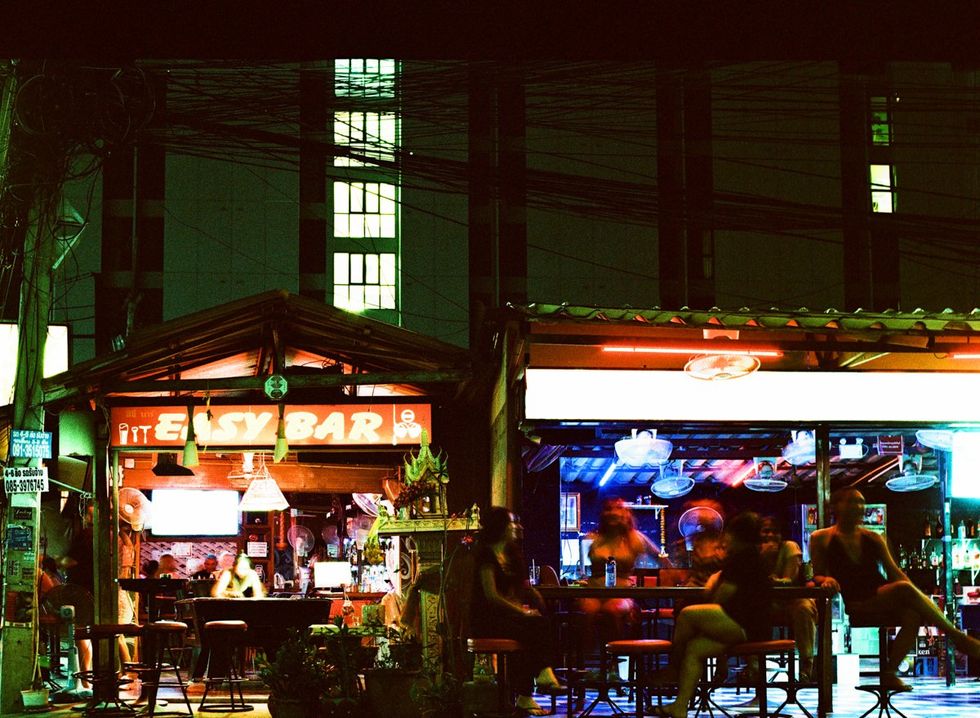
Elizabeth Waterman
Working as entertainers in GoGo bars and as freelance escorts has allowed Ladyboys to earn a respectable income and to dress and be accepted as women, but for some the life can be difficult and exhausting. Many believe that if this bill succeeds, Ladyboys would have better job opportunities and greater inclusion in Thai society.
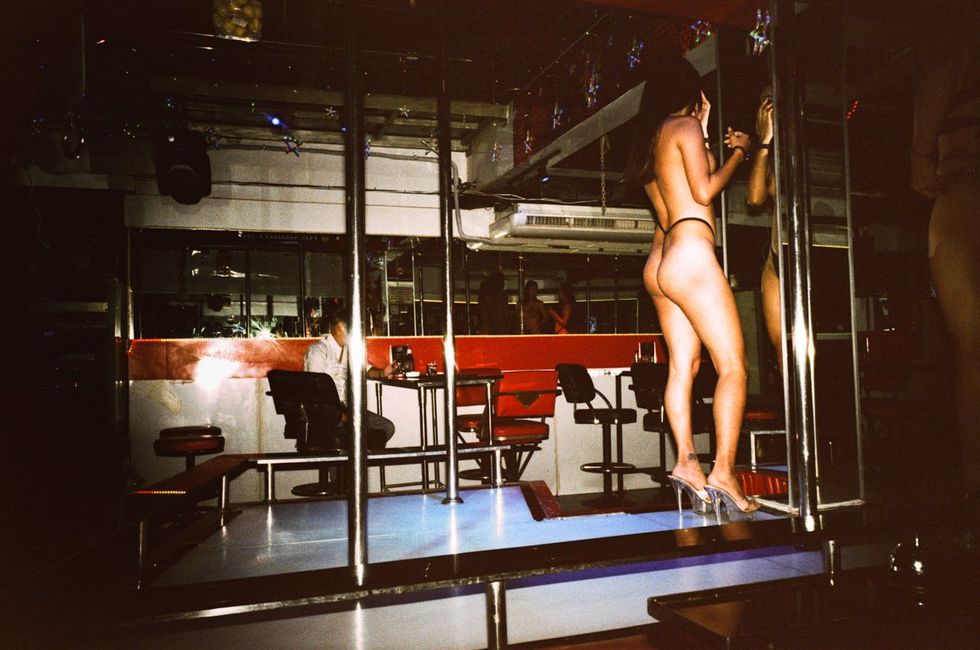
Elizabeth Waterman
"So right now there's a lot of inequality. And we're hoping that the new government in Thailand is willing to change those inequalities and make things better so that all males, females, and others are treated equally. There are certain rights that we don't have access to." - Faye, a young ladyboy who lives and works in Pattaya City
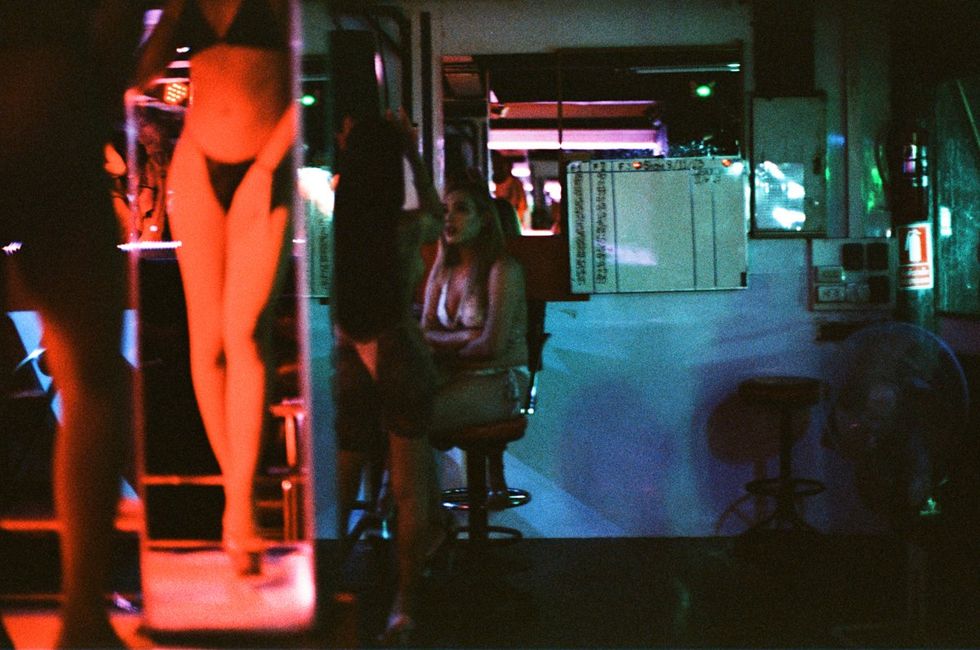
Elizabeth Waterman
If passed into law, this Act would have direct and significant benefits for members of the transgender and intersex community. Currently these citizens do not have the legal right to alter their gender.

Elizabeth Waterman
"Being a ladyboy is sometimes hard. It’s kind of hard for me. I got no plans, to be honest. I got no plans." - Chrissy
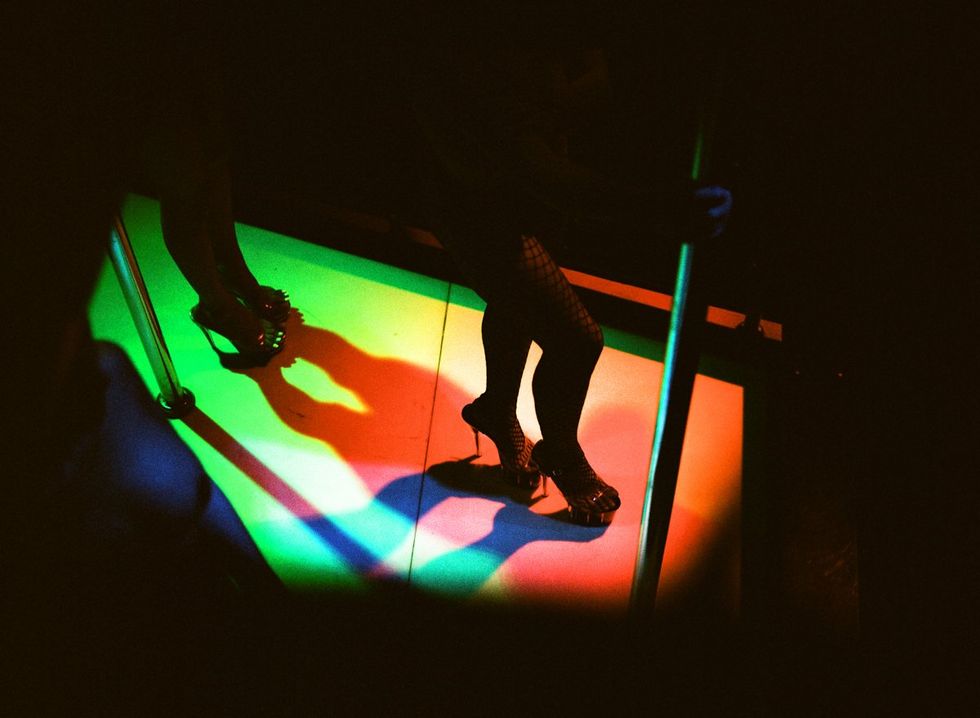
Elizabeth Waterman
Most Ladyboys working in bars on Pattaya’s Walking Street arrive at work at 7 p.m. and leave at 3 a.m. After work they eat together, shop for clothes, and socialize on the beach as the sun rises. Their work schedule leaves little time for other pursuits.

Elizabeth Waterman
Chrissy is a 21-year-old Ladyboy working at a GoGo bar in Pattaya who has taught herself excellent English using YouTube and Instagram videos. She cannot attend school due to her demanding work schedule and lack of funds.
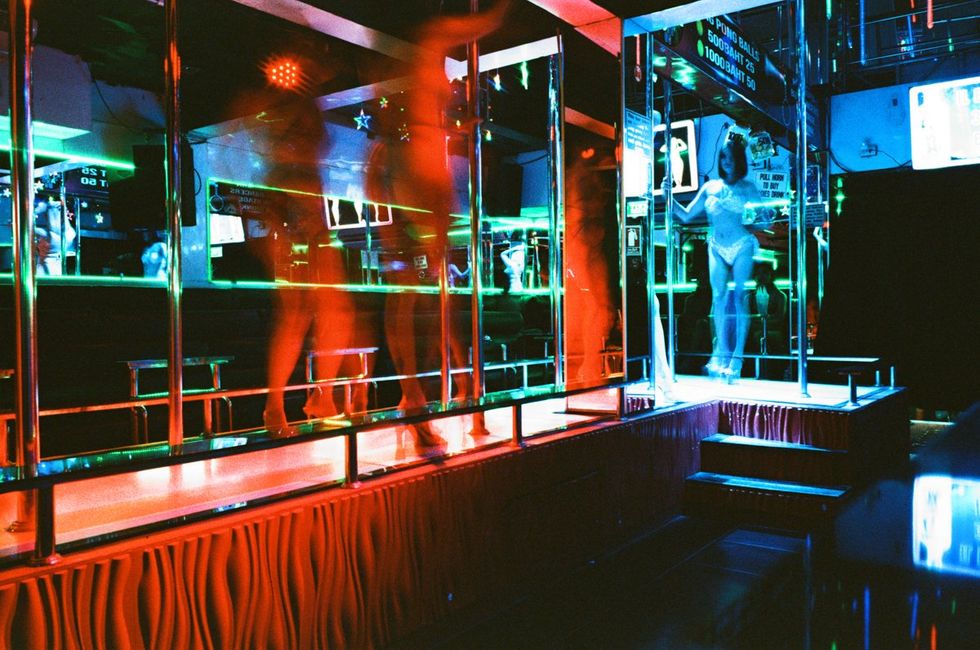
Elizabeth Waterman
"We're all just human. I was born with two hands. Two feet. You know, I'm no different than anyone else." - Bam

Elizabeth Waterman
"I knew I was a ladyboy when I was seven years old. Very young. My Mom said, 'Are you sure you want to be a ladyboy?' I told her, yes I am. And my Mom told me, ‘You know how it's hard to be a ladyboy.’" - Maria, a 27-year-old ladyboy who lives in Bangkok

Elizabeth Waterman
"I am what I am. People, they don’t have to respect me. Up to them. I cannot change their mind. They can decide what they are. I just look in the mirror and this is who I have to respect." - Maria

Elizabeth Waterman
"I was working in the medical field. I couldn’t be who I am because they don't allow you to dress the way I want to dress. So around the age 27, I decided to come to Pattaya City." - Nadia, a ladyboy in her 30s working in a GoGo bar

Elizabeth Waterman
"There are a lot of difficulties becoming transgender. Imagine growing up in a family that has planned everything out for you, and you can have basically every comfort with them. But you choose to go a different path. You have to take hormones. And there's just a lot of difficulties. I want the world to know, to understand, and to accept who we are and that there is no shame in what we become." - Nat

Elizabeth Waterman
"Some ladyboys can truly act like ladies. Not every ladyboy is so easily distinguishable, where they have dominant male characteristics. I believe I’m one of those ladyboys that isn’t so easily distinguishable." - Pangtini, a 22-year-old Ladyboy who works on Pattaya’s Walking Street